GCSE invites you to get involved and help span the boundaries between science and decision-making.
Consider joining our engaged and growing global member community to benefit from the full range of GCSE programs. Connect with fellow leaders in the field, cultivate research collaborations and funding opportunities, and engage across science and decision-making at all levels of governments and multilateral institutions. Learn more.
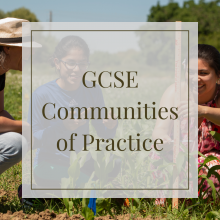 GCSE members can lead and participate in field-specific GCSE Communities of Practice (CoPs) to support and amplify education, research, solutions, and analysis from higher education institutions. CoPs include:
GCSE members can lead and participate in field-specific GCSE Communities of Practice (CoPs) to support and amplify education, research, solutions, and analysis from higher education institutions. CoPs include:
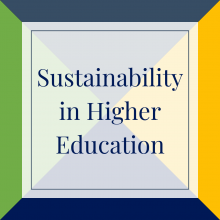 GCSE's Sustainability in Higher Education program aims to provide dynamic, context-sensitive guidance for a diversity of programs.
GCSE's Sustainability in Higher Education program aims to provide dynamic, context-sensitive guidance for a diversity of programs.
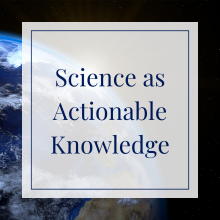 In partnership with NASA, GCSE led the Science as Actionable Knowledge pilot program, which supported a cohort of researchers as they pursue applications-oriented scientific research, to enhance user uptake and use in decision-making.
In partnership with NASA, GCSE led the Science as Actionable Knowledge pilot program, which supported a cohort of researchers as they pursue applications-oriented scientific research, to enhance user uptake and use in decision-making.
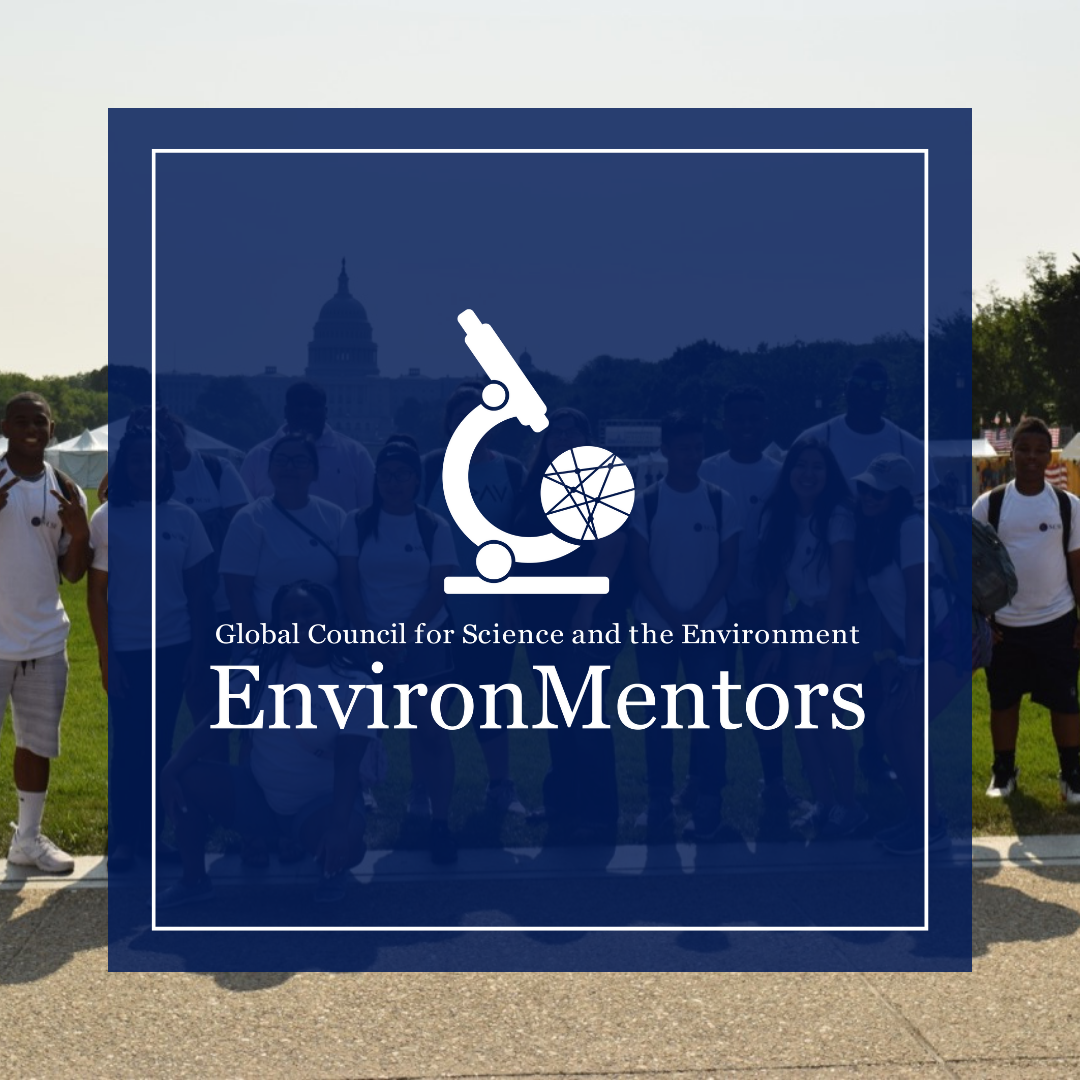 EnvironMentors is a science education and national college access program with a mission to mentor and motivate high school students in the sciences as they plan and conduct environmental research and acquire skills that will allow them to build careers and contribute to real-world environmental solutions.
EnvironMentors is a science education and national college access program with a mission to mentor and motivate high school students in the sciences as they plan and conduct environmental research and acquire skills that will allow them to build careers and contribute to real-world environmental solutions.
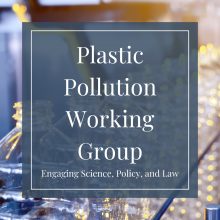 Our work in addressing Plastic Pollution aims to identify and fill remaining knowledge gaps, and to produce actionable scientific knowledge to provide decision-makers with information that can inform, and potentially mitigate, the challenges of plastic pollution.
Our work in addressing Plastic Pollution aims to identify and fill remaining knowledge gaps, and to produce actionable scientific knowledge to provide decision-makers with information that can inform, and potentially mitigate, the challenges of plastic pollution.
Applied Solutions Network is growing a community of scientists and local decision-makers to work together to share and leverage experiences spanning work at the policy and implementations levels. By sharing knowledge, lessons learned, and best practices, local governments and institutions of higher education around the world can unlock science-informed solutions to enhance public health and the environment.